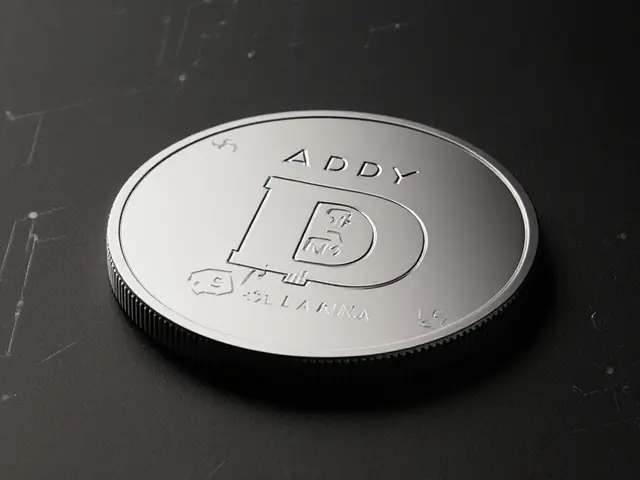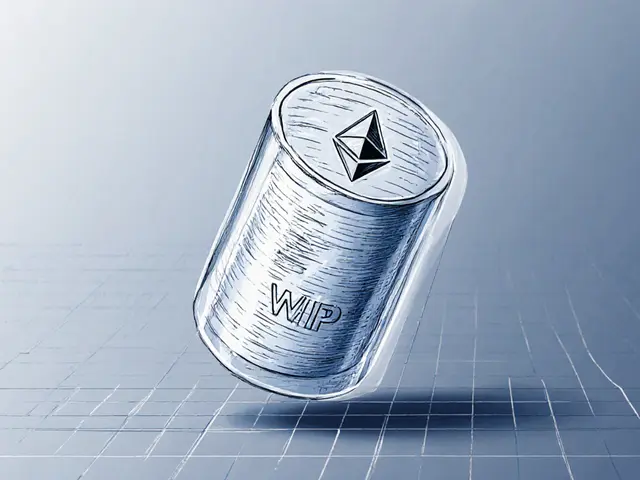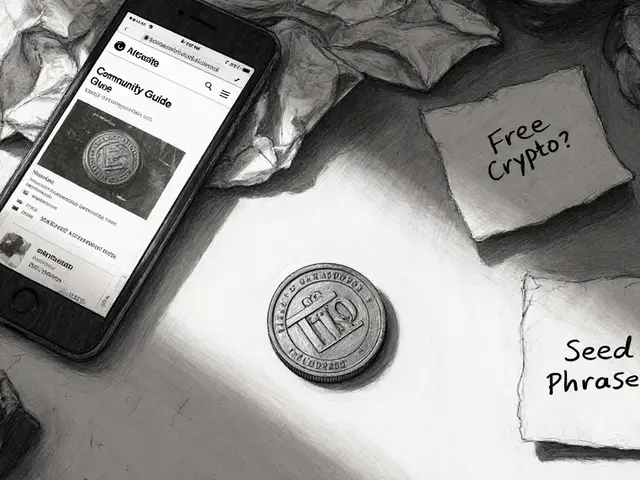Supply Chain Blockchain: Transforming Logistics with Decentralized Tech
When working with Supply Chain Blockchain, a decentralized ledger that records every transaction across a product’s life cycle. Also known as blockchain for logistics, it provides immutable data, real‑time visibility, and reduced fraud. The core engine behind this revolution is Smart Contracts, self‑executing code that automatically enforces agreed rules, which ensure that every handoff, temperature check, or customs clearance happens exactly as programmed. Pair that with Tokenization, the process of turning physical assets into digital tokens, and you get a system where ownership, provenance, and payment can be settled on‑chain without intermediaries. Together, these tools let a supply chain blockchain enable traceability, require smart contracts, and be influenced by tokenization, creating a seamless flow of trusted information from raw material to consumer.
Why It Matters for Modern Logistics
Traceability, the ability to follow an item through every step of its journey becomes effortless when each event is timestamped on an immutable ledger. Manufacturers can instantly prove the origin of components, retailers can verify that perishable goods stayed within required temperature ranges, and consumers can scan a QR code to see the full history of a product. Logistics, the planning and execution of moving goods firms gain real‑time insights that cut delays and lower costs, because data isn’t stuck in siloed spreadsheets. By integrating Internet of Things (IoT), networked sensors that feed live data to the blockchain, companies can trigger smart contracts automatically—for example, releasing payment the moment a temperature sensor confirms that a shipment stayed within safe limits. The result is a supply chain that is transparent, efficient, and resilient against fraud or error.
Our collection below dives into every angle of this emerging field. You’ll find deep dives on how tokenization backs asset‑backed crypto projects, step‑by‑step guides to building smart‑contract‑based tracking systems, analysis of regulatory moves that affect blockchain logistics, and real‑world case studies from mining bans to airdrop incentives that illustrate the financial side of supply chain innovation. Whether you’re a developer looking for code examples, a business leader seeking strategic advantages, or an investor tracking the latest DeFi‑linked logistics tokens, the articles ahead give you actionable insight and practical tools to get started with supply chain blockchain technology.
Real-World Applications of Blockchain Technology in 2025
Explore how blockchain tech powers supply chains, healthcare, digital identity, finance, insurance, media, energy, and AI in real-world 2025 use cases.
View More




